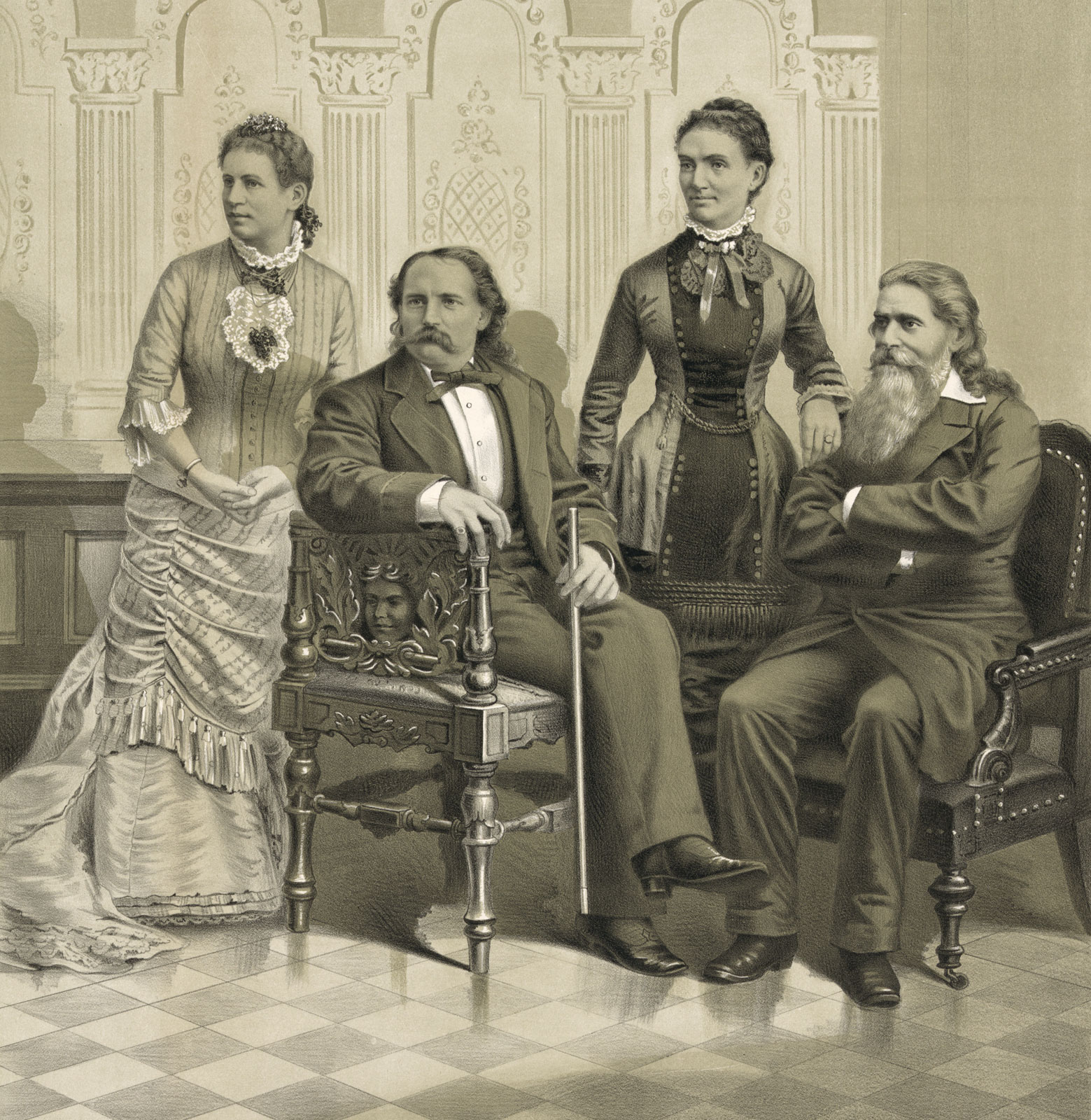Get Off the Track
Words by Jesse Hutchinson , Jr.; tune "Old Dan Tucker," 1844 |

 |
This song was refused publication because of its "inflammatory lyrics." What parts of the song do you think were most inflammatory? Who do you think was offended by each of the sections of this song? |
 |
Who was president in 1844 when this song was published? Who was running for president? James Polk and Henry Clay. What were the issues in the campaign? |
 |
How popular was the cause of emancipation in 1844? Besides the Hutchinsons, who else was its champion? What events made abolitionism more popular? Harriet Beecher Stowe's Uncle Tom's Cabin, Fugitive Slave Act, John Brown's raid on Harper's Ferry. |
 |
In verse 6, what was the "Clay foundation"? The Compromise of 1820 that he engineered (he also promoted the future Compromise of 1850). What road did Polk follow that led to Texas and slavery? Annexation of Texas as a slave state, which Polk favored. |
 |
This song was set to the tune of "Old Dan Tucker." What are the advantages to setting controversial lyrics to a well-known tune? |
|

"Get Off the Track" performed by The New York Vocal Arts Ensemble on Listen to the Mockingbird. Living Era, © 2005.
The New York Vocal Arts Ensemble was founded by Raymond Beegle in 1971. They toured the world and recorded vocal chamber works by master composers of the 18th, 19th and 20th centuries. After winning first place in the Geneva International Music Competition, the Ensemble appeared in major halls including Lincolc Center, Kennedy Center and Carnegie Hall. |

View the lyrics for "Get off the Track."
View the published score. |
|

 |
Members of one of the later Hutchinson Family groups, the “Tribes of John and Jesse.” Library of Congress, Washington, D.C. (Digital File Number: LC-USZ62-5260) |
The words for this song were written by one of the Hutchinson Family Singers, which was the first American musical group to deal with social issues. Their concerts were well-attended, not unlike the rallies of the protest singers of the 1960s.
The Hutchinson Family was formed by three brothers, Judson, John, and Asa, and their younger sister Abby. Their first concert was in New England in 1841. Although their original repertoire consisted of conventional melodramatic songs, their contacts with Frederick Douglass, abolitionists, temperance and social reformers, prompted the youngest brother, Jesse, to begin adapting new lyrics to well-known tunes. This abolitionist adaptation of the minstrel song “Old Dan Tucker” was initially refused publication because of the inflammatory lyrics. The original sheet music depicts a railway coach labeled “Immediate Emancipation.”
When told by well-meaning friends that they should cease to be controversial, the Hutchinsons replied:
| |
"As long as nothing was said, we could take our choice; but if we were told we must not sing a song that expressed our convictions, we then felt that, come victory or defeat, we must cry aloud and spare not." (quoted in Hamm, pp. 151–52) |
|

Use this tune, "Old Dan Tucker," or pick another popular tune, and write new lyrics urging change of a social issue you believe in. |
|


